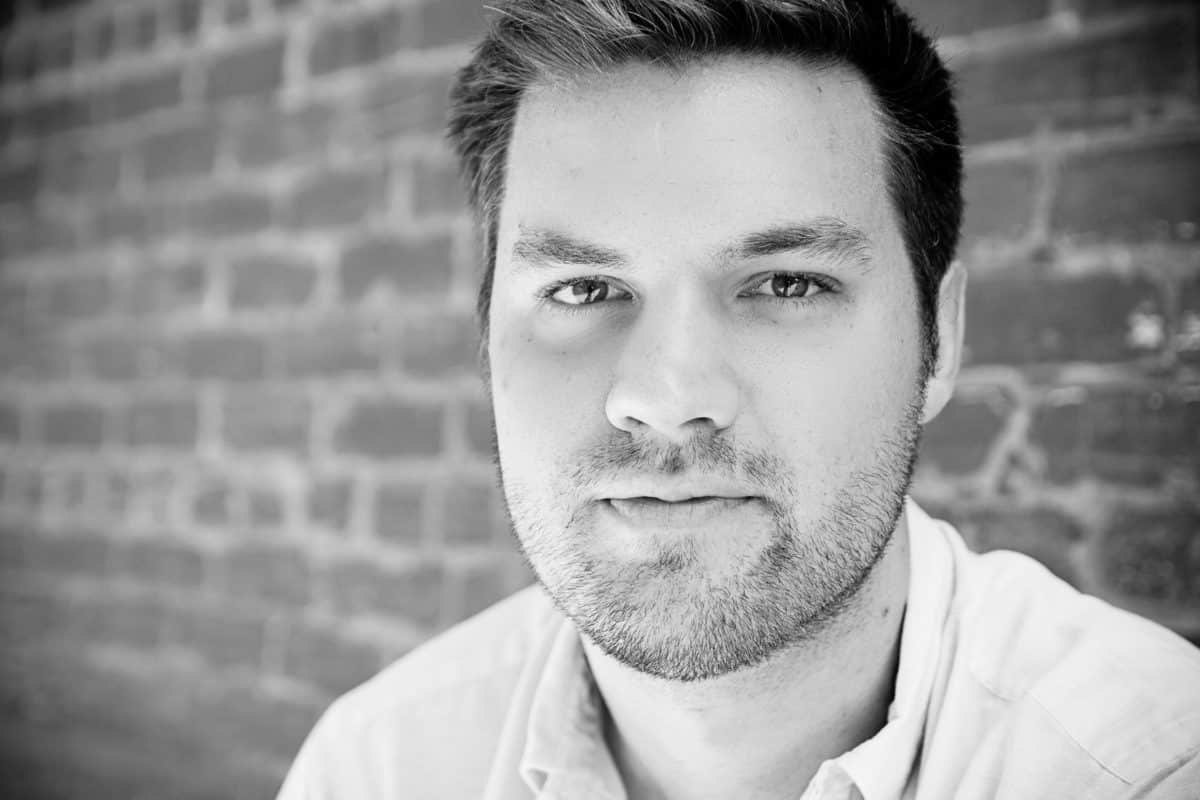The life of a soldier is hard and the days are long. Awareness and clear thinking are imperative to do the job, a lack of sleep could be dangerous.
While the sleep deprivation caused by insomnia and other sleep disorders is a real issue for anyone, the consequences may be even more serious for soldiers who are or have been deployed in an active combat zone. What’s more, soldiers must navigate a long list of stressors that can interfere with sleep.
The good news is that all hope is not lost for sleep-deprived soldiers. A new study, published in Sleep, considers how talk therapy could be the solution to insomnia in the military.
Talking Through Insomnia
At Fort Hood, Texas, 151 active-duty military personnel who struggle with chronic insomnia took part in a randomized clinical trial. All 151 had been previously deployed to Iraq or Afghanistan at least once. More than 80 percent of participants were male, and the average age was 32.
[Editor’s Note: The information provided should not be considered a substitute for professional advice. Please consult a sleep doctor or other medical expert if questions related to one’s own health arise.]
BlurryMe/Shutterstock
Half the participants were a control group, while the other half undertook six hour-long sessions of Cognitive Behavioral Therapy for Insomnia (CBTi). Cognitive Behavioral Therapy for Insomnia is a form of talk therapy focused on combating insomnia without the use of sleeping pills. In addition to talking to a counselor about life issues, a participant may also undertake a few sleep tests and keep a sleep diary.
In this study, those participating in CBTi also learned about proper sleep hygiene and other practices that promote restful sleep and alertness.
The Results
For those soldiers who engaged in the therapy, the results were quite positive. Eleven weeks into the study, these participants reported better, less-interrupted sleep. Many of those who participated in the talk therapy also scored better on mental health exams.
Lead author Daniel J. Taylor of The University of North Texas in Denton told Reuters, “If you want to keep your fighting forces as healthy as possible, you want to address modifiable risk factors like sleep as early and effectively as possible. We know that people with insomnia have comorbid depression, anxiety and PTSD. It’s possible that insomnia may exacerbate these conditions.”
Keeping Our Military Healthy
We all need quality sleep to properly function throughout the day. For those serving in the military, this need is just as (if not even more) important. With the help of talk therapy and good sleep hygiene, soldiers may have a better chance of getting the rest they need.
[Editor’s Note: The information provided should not be considered a substitute for professional advice. Please consult a sleep doctor or other medical expert if questions related to one’s own health arise.]
Featured image: Lightfield Studios/Shutterstock

